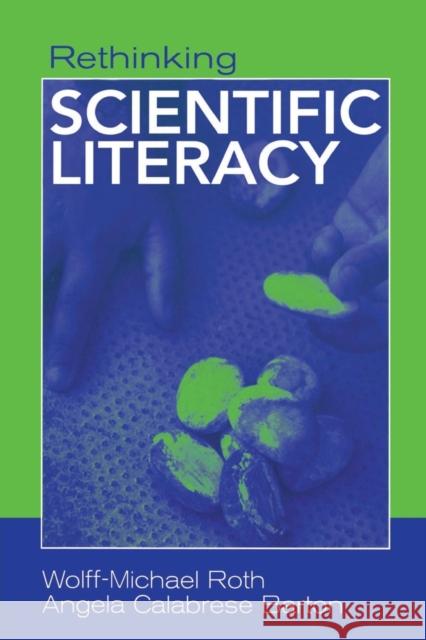Rethinking Scientific Literacy » książka
Rethinking Scientific Literacy
ISBN-13: 9780415948432 / Angielski / Miękka / 2004 / 240 str.
Rethinking Scientific Literacy
ISBN-13: 9780415948432 / Angielski / Miękka / 2004 / 240 str.
(netto: 222,94 VAT: 5%)
Najniższa cena z 30 dni: 216,55
ok. 16-18 dni roboczych.
Darmowa dostawa!
This book proposes a new way to conceive of scientific literacy, as it has emerged from two research agendas that the authors have been pursuing independently but which have converged conceptually. This book presents a new and entirely different perspective than previous books on scientific literacy in that it valorizes the capacities of human beings to participate in worldly affairs and to change their life contexts. The book is important because it portrays a positive perspective, one that embodies the capacity of all human beings (independently of knowing that scientists think that protons and neutrons constitute the atomic nucleus) to use science both as a contested field and as tool in order to change the world. For example, the youth in Chapter 4 who transform an empty inner-city lot from an area for dealers and pushers to a community garden, or the seventh-grade students in Chapter 7, who generate knowledge that is subsequently being used by environmentalists that work in and transform their community. Therefore it is the authors hope that students welcome the opportunity to study and participate in science education, not in the hope of becoming scientists, but for participa











